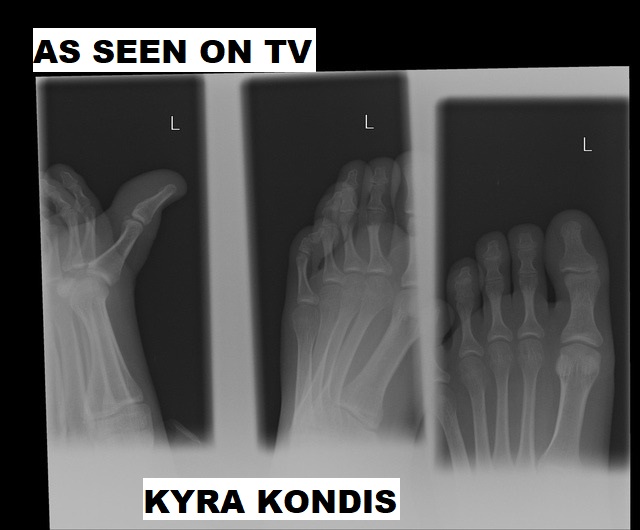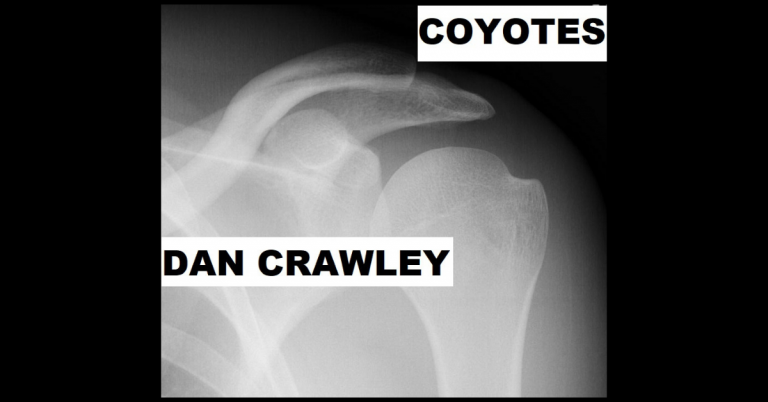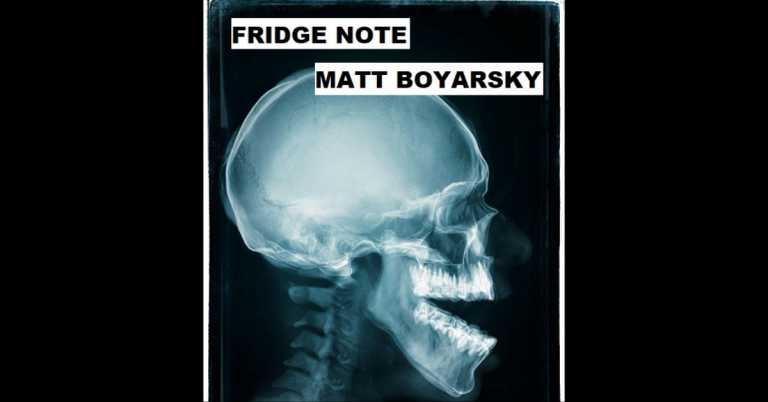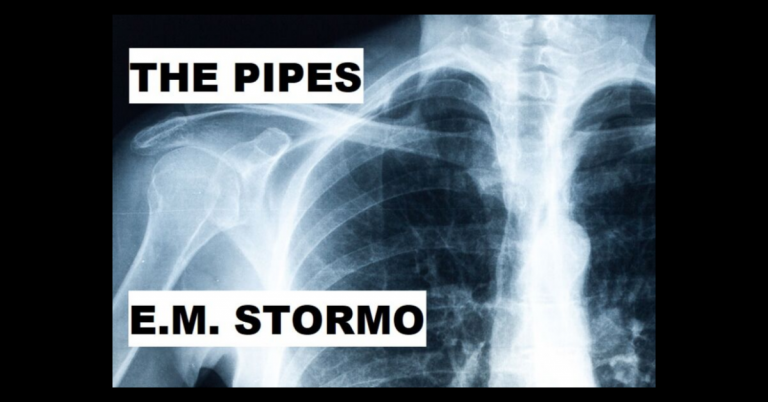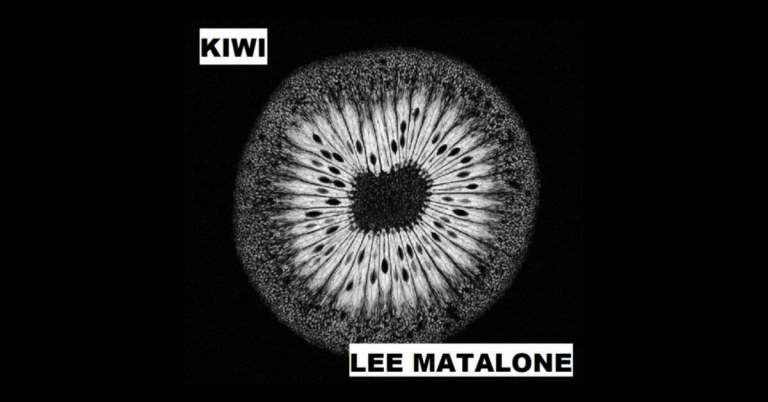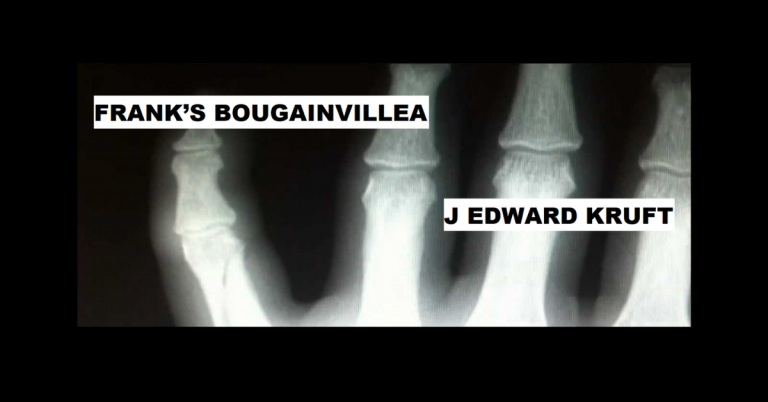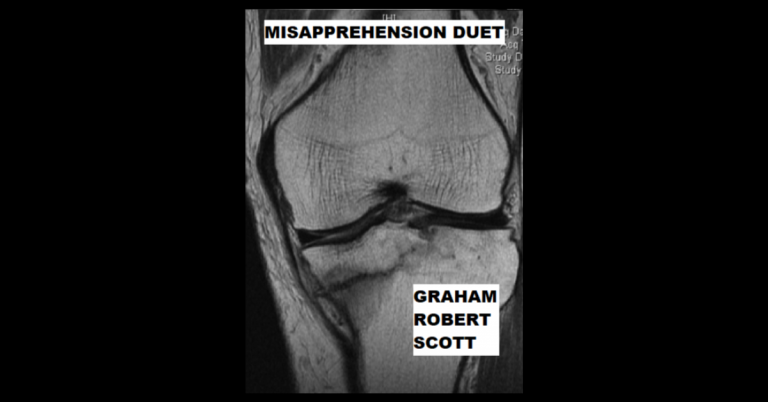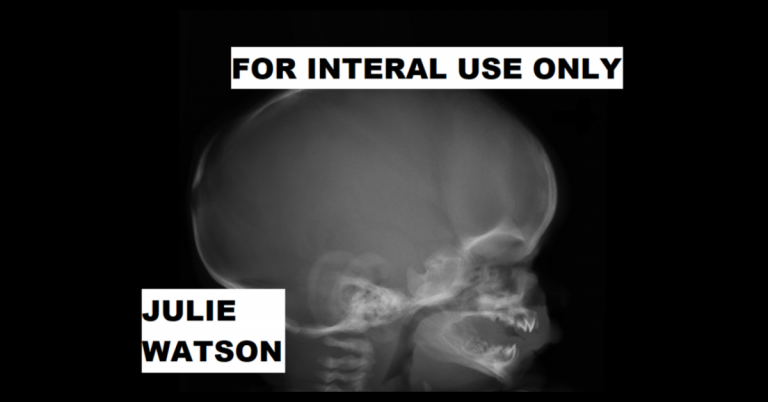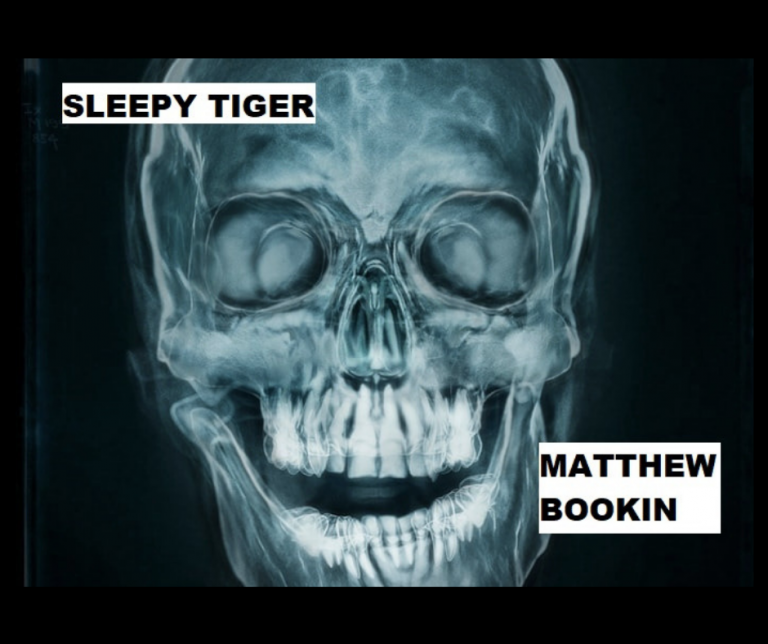
SLEEPY TIGER by Matthew Bookin
Paul started doing deliveries. He was 19 days sober. The passenger side of his car still looked like a carefully crushed soda can. The travel bottle of Listerine was still in his glove box. Emir’s food truck business had expanded into an actual restaurant. Paul was hired on as their 31-year-old delivery boy. He picked up racks of steamed dumplings from the restaurant and loaded them into the back of his nearly defeated red car. It was early summer and sometimes, mostly on the weekends, he could be out making deliveries until dawn. He felt quiet and newly alive. He

